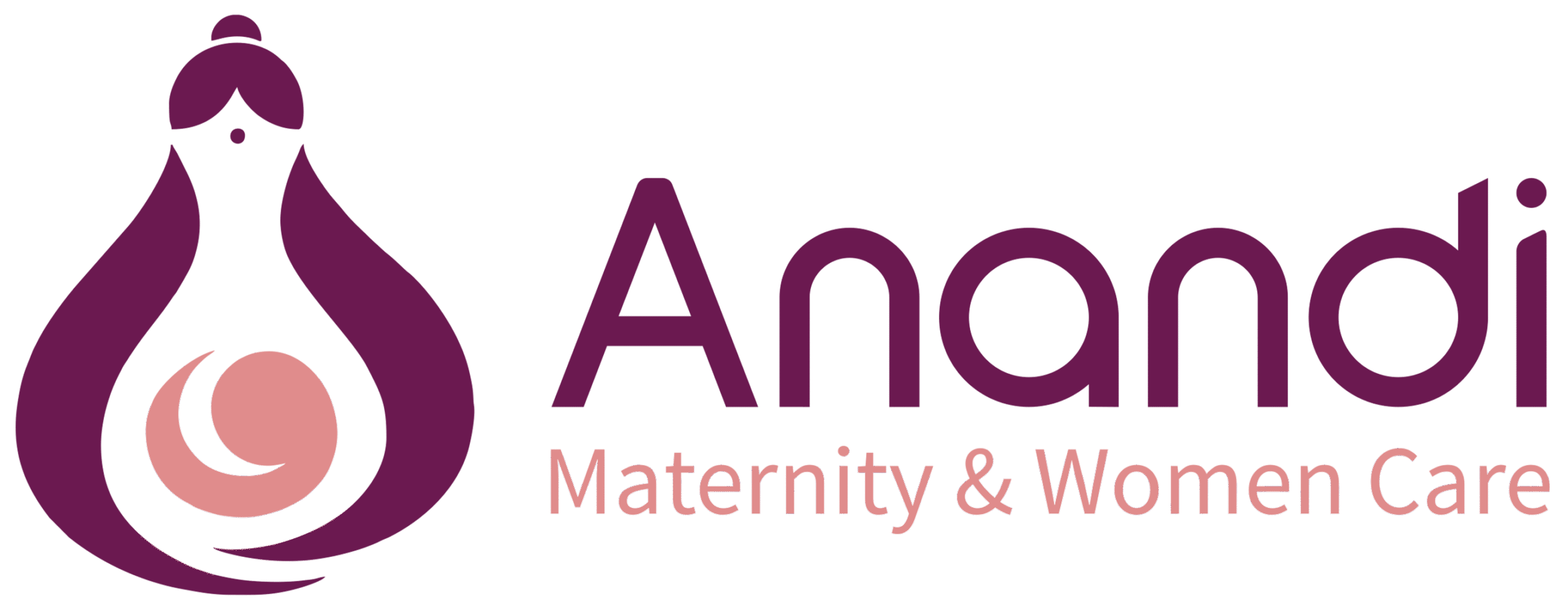The Non-Stress Test (NST) is a common prenatal procedure used to monitor a baby’s well-being in the womb. Doctors recommend NSTs to assess fetal health, particularly in high-risk pregnancies, ensuring that the baby is receiving enough oxygen and nutrients. This non-invasive test evaluates fetal heart rate patterns in response to movement, helping doctors detect any potential complications early.
In this guide, we will explain why NSTs are essential, how they are performed, and what the results indicate about your baby’s health.
What Is a Non-Stress Test (NST)?
A Non-Stress Test (NST) is a simple, painless, and non-invasive test that measures the baby’s heart rate in response to movements. The test is called “non-stress” because no stress is placed on the baby during the procedure.
Doctors typically recommend NSTs in the third trimester, especially if there are concerns about fetal health, reduced movements, or pregnancy complications.
Why Do Doctors Recommend NST?
Doctors may recommend an NST for several reasons, including:
1. Monitoring High-Risk Pregnancies
Women with gestational diabetes, high blood pressure, preeclampsia, or other medical conditions may need regular NSTs to ensure the baby is receiving enough oxygen and nutrients.
2. Checking for Reduced Fetal Movements
If a mother reports less fetal activity, an NST can help determine if the baby is responding well or if further tests are needed.
3. Assessing Placental Function
NSTs can help doctors evaluate whether the placenta is delivering enough oxygen and nutrients to support the baby’s growth.
4. Monitoring Post-Term Pregnancies
After 40 weeks, NSTs become more common to check for placental aging, ensuring the baby remains safe inside the womb.
5. Evaluating Fetal Heart Rate and Oxygen Supply
An NST helps track whether the baby’s heart rate accelerates with movement, which is a sign of good oxygen levels and overall health.
6. Checking for Fetal Distress
In some cases, NSTs can detect early signs of distress, such as an abnormal heart rate pattern, which may indicate the need for further testing or early delivery.

When Is an NST Performed?
An NST is usually done between 28 to 32 weeks for high-risk pregnancies. However, doctors may recommend it later in pregnancy, around 36 to 42 weeks, to ensure fetal well-being before delivery.
- Frequency: Some women may need a weekly or biweekly NST, depending on their condition.
- Duration: The test usually lasts 20-40 minutes.
How Is a Non-Stress Test Done?
1. Preparing for the Test
- The mother is asked to eat a light snack before the test to help stimulate fetal movement.
- She is positioned in a comfortable reclining chair or bed.
2. Attaching Monitors
- A fetal heart rate monitor is placed on the mother's abdomen using elastic belts.
- A contraction monitor may also be used to track any uterine activity.
3. Observing Fetal Movements
- The test records heart rate changes as the baby moves naturally.
- The mother may be given a button to press whenever she feels the baby move.
4. Evaluating Results
- If the baby's heart rate increases at least twice in 20 minutes, the test is considered reactive (normal).
- If the heart rate does not show the expected changes, the test may be non-reactive, requiring further evaluation.
What Do NST Results Mean?
1. Reactive (Normal) NST
- Baby’s heart rate increases at least twice within 20 minutes.
- Indicates the baby is receiving adequate oxygen and is in good health.
2. Non-Reactive NST
- Baby’s heart rate does not show the expected accelerations.
- May require additional tests, such as a Biophysical Profile (BPP) or Contraction Stress Test (CST).
3. Additional Testing
If the NST is non-reactive, doctors may recommend:
- A repeat NST after a few hours or the next day.
- An ultrasound (Biophysical Profile) to check for amniotic fluid levels and baby’s movements.
- Doppler flow studies to assess placental blood flow.
What Happens If NST Results Are Abnormal?
If an NST is non-reactive or shows signs of distress, the next steps depend on gestational age and fetal condition:
- If the baby is near full term (37+ weeks) → Labor may be induced or a C-section may be considered.
- If the baby is preterm → Close monitoring and additional testing may be required to decide the best course of action.
Conclusion
The Non-Stress Test (NST) is a crucial tool in monitoring fetal health, especially in high-risk pregnancies. By tracking heart rate patterns, NSTs help doctors determine if a baby is getting enough oxygen and responding well to stimuli.
If your doctor recommends an NST, it is a safe, routine test designed to protect your baby’s well-being. If you have concerns about fetal movements or need reassurance, consult your healthcare provider about NST testing.
For expert prenatal care and fetal monitoring, schedule an appointment with Anandi Hospital today.
Frequently Asked Questions (FAQs)
1. Is the Non-Stress Test painful?
No, the NST is completely painless and non-invasive. It involves attaching monitors to the abdomen to track the baby’s heart rate.
2. How do I prepare for an NST?
Eat a light meal before the test to encourage fetal movement, wear comfortable clothing, and stay hydrated.
3. What happens if my baby doesn’t move during the NST?
If the baby is asleep, the doctor may extend the test, give the mother juice or a snack, or gently stimulate the baby.
4. How often will I need an NST?
If you have a high-risk pregnancy, you may need weekly or biweekly NSTs until delivery.
5. Can I refuse an NST?
While NSTs are optional, they are recommended to ensure the baby’s safety, especially in high-risk pregnancies.
